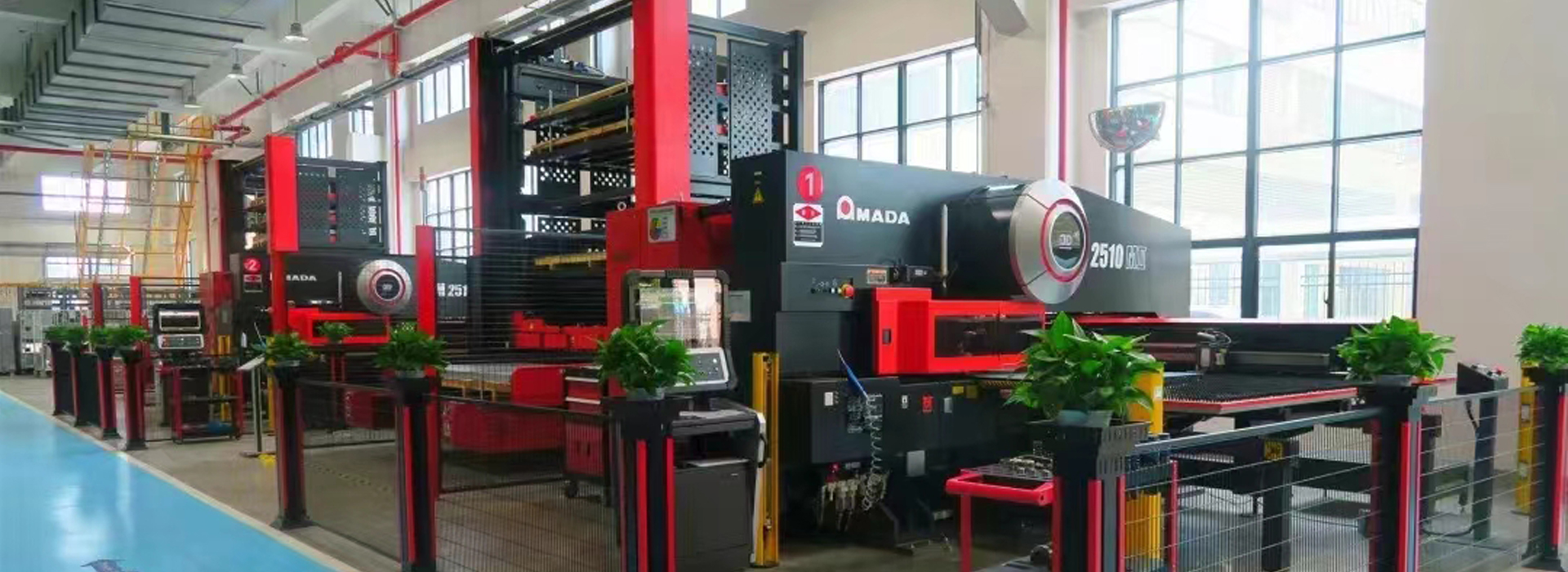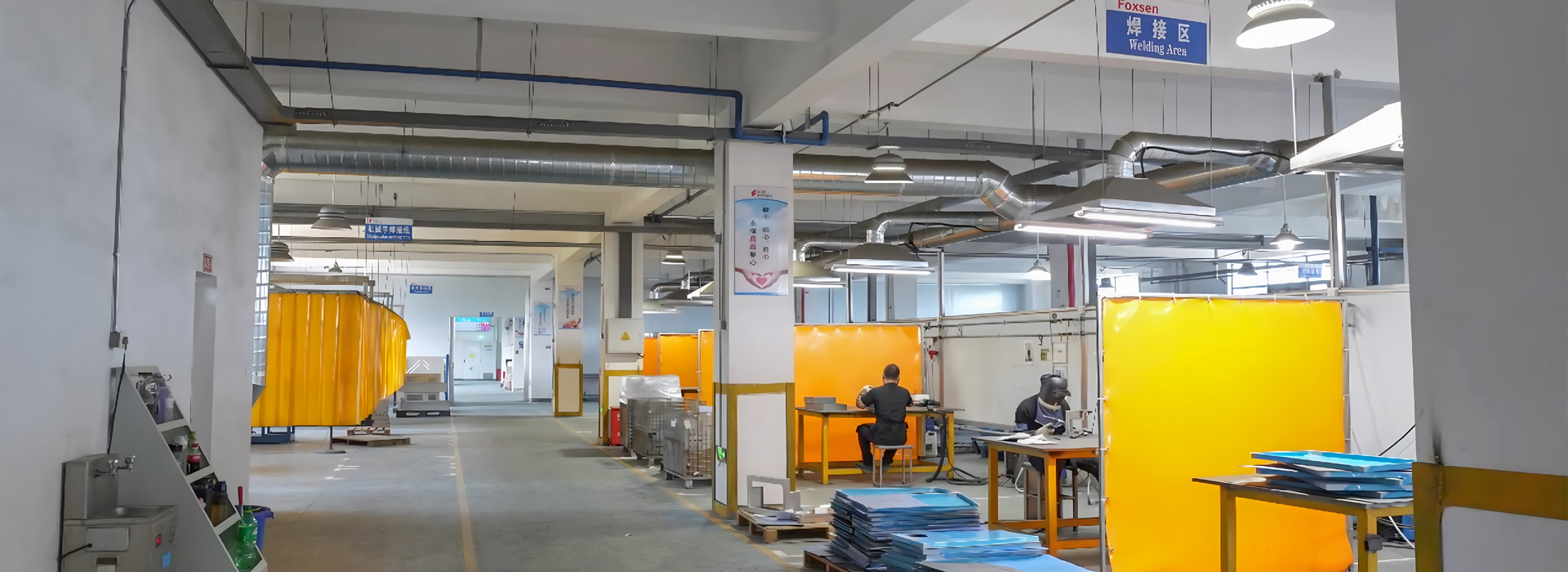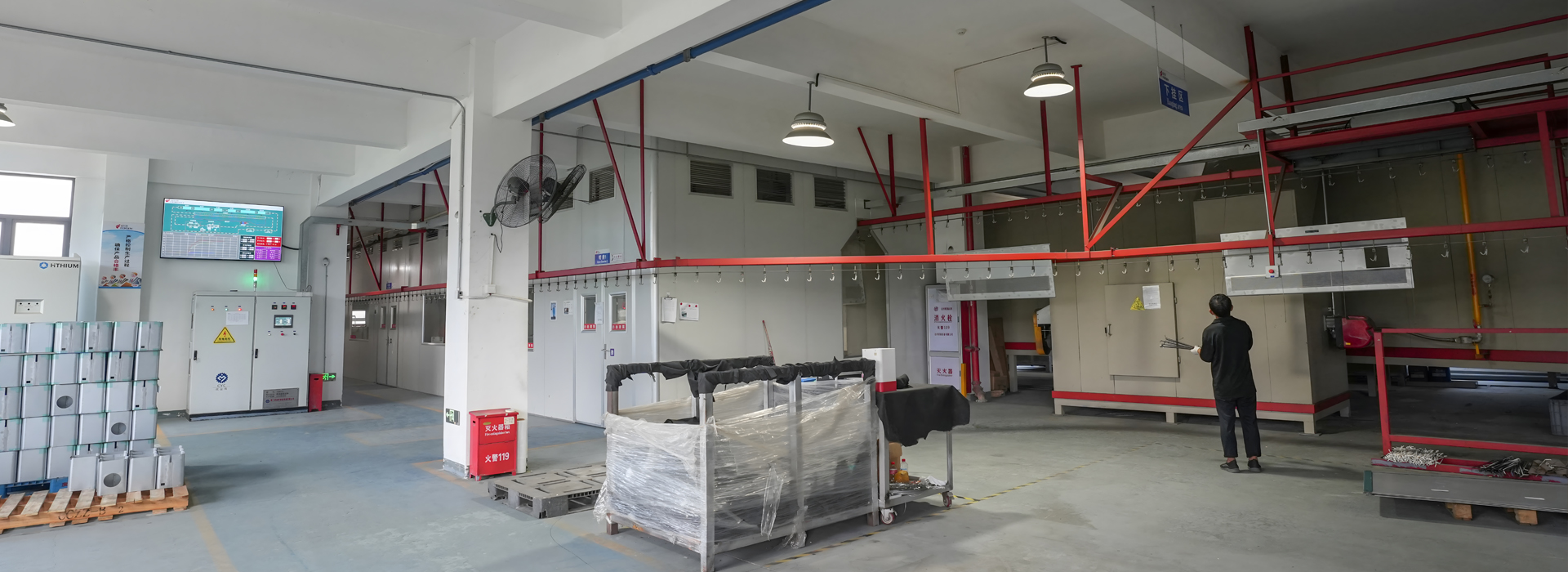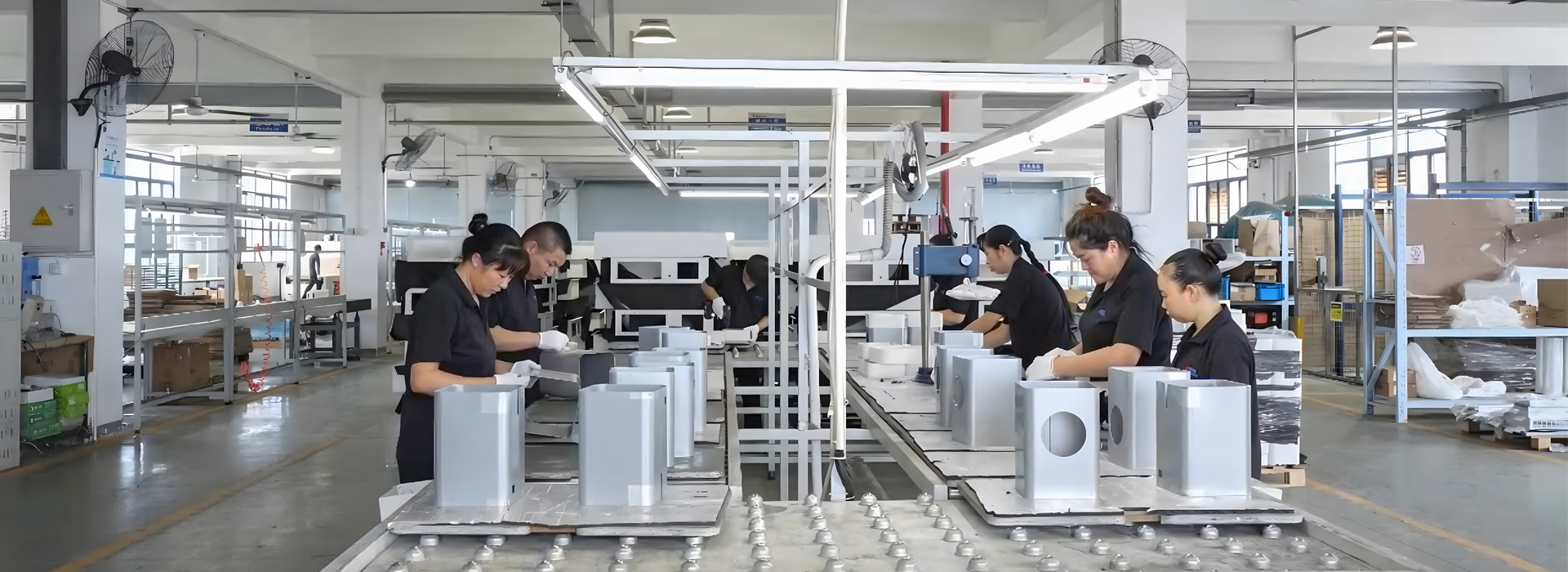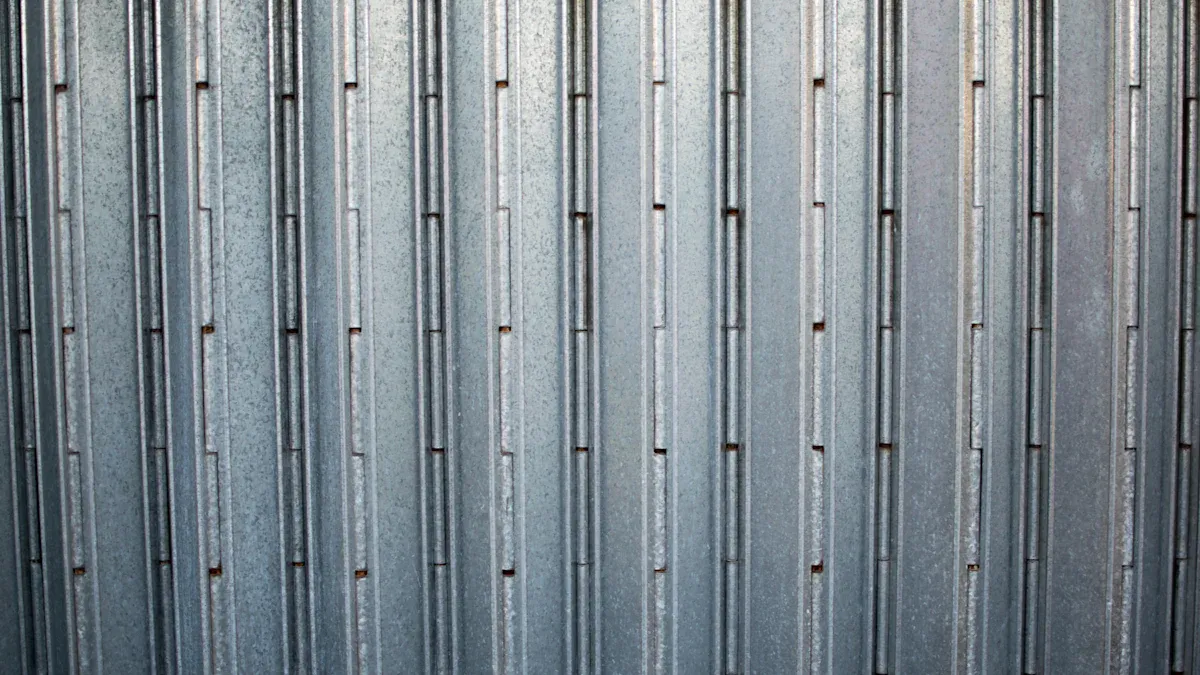Selecting the appropriate sheet metal Galvanized Steel Sheet is crucial. Consider factors such as durability, cost, and its intended application. For instance, in construction projects, high-quality sheet metal Galvanized Steel Sheet offers excellent resistance to rust and provides robust strength. Modern techniques like hot-dip galvanising enhance its longevity. These sheets also prove cost-effective by reducing the need for frequent repairs or replacements. Whether utilised for roofs, walls, or structural elements, the right steel ensures your project stands the test of time.
Key Takeaways
Pick galvanised steel sheets because they last long. The zinc layer stops rust, making them great for wet or outdoor use.
Check how thick the steel sheet is. Thicker sheets are stronger for tough jobs, while thinner ones work well for roofs and walls.
Think about saving money. Galvanised steel lasts a long time and needs fewer repairs, which saves costs.
Choose the right coating for your project. Coatings like powder or nano-coatings make it stronger and look better, lasting longer.
Know what your project needs. Galvanised steel can be used for roofs, cars, and buildings. It is strong and dependable.
Understanding Sheet Metal Galvanised Steel Sheet
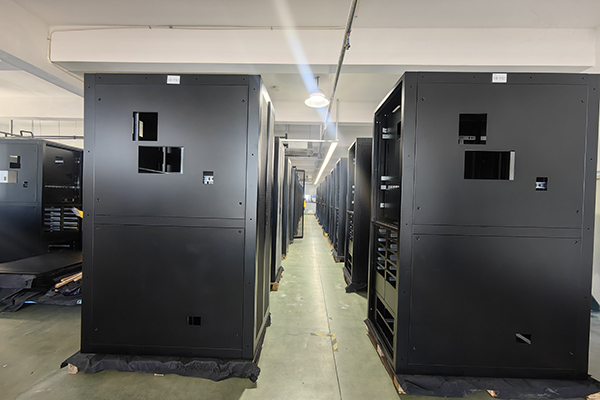
What Is a Galvanised Sheet?
A galvanised sheet is steel with a zinc coating. This coating stops rust and makes the steel last longer. The process, called galvanisation, uses methods like hot-dip galvanising. In this method, steel is dipped into melted zinc. Studies show this involves heating, soaking, and cooling quickly. This makes the steel resist rust better. New surface treatments, like molybdate/silane films, improve strength and stickiness. These updates make galvanised sheets great for tough conditions.
Benefits of Galvanised Steel Sheets
Galvanised steel sheets have many benefits, making them widely used:
Durability: Zinc coating protects against rust, even in bad weather.
Cost-effectiveness: They last long, saving on repairs and replacements.
Versatility: Useful in building, cars, and factories.
Environmental benefits: Recyclable and good for eco-friendly projects.
Reports show they are strong and work well in heavy-duty areas like walls and foundations. Better manufacturing methods now make them even more reliable for different uses.
Why Choose Steel Sheets for Your Project?
Steel sheets, especially galvanised ones, are strong and flexible. They handle heavy weights, perfect for building structures. They resist rust, lasting longer outdoors or in wet places. For example, they are used in roofs, walls, and underground areas. Being recyclable, they support green building goals. Picking galvanised steel sheets gives your project strength, durability, and eco-friendliness.
Key Factors to Pick the Right Steel Sheet
Durability and Rust Resistance
When picking steel sheets, focus on durability and rust resistance. Galvanised steel is great because its zinc layer stops rust. This makes it perfect for outdoor or wet areas.
Tests show how strong galvanised steel is. For example, the Neutral Salt Spray Test lasted 750 hours. The Humidity Resistance Test went on for 1,000 hours. These tests prove it can handle tough conditions for a long time.
Using galvanised steel sheets means your project gets materials that last long and resist damage.
Thickness and Gauge
The thickness of a steel sheet matters for your project. Thicker sheets are stronger and good for heavy jobs like building supports. Thinner sheets bend easily, so they work well for roofs or walls.
The gauge system helps you pick the right thickness. Lower numbers mean thicker sheets, while higher numbers mean thinner ones. For example, a 10-gauge sheet is thicker than a 20-gauge one. Picking the right thickness ensures your project is strong and looks good.
Strength and Weight Capacity
Steel sheet strength shows how much weight it can hold. Galvanised steel is strong and works well for tough jobs. It’s used in buildings and car parts because it gives support and stays stable.
Studies show how layers in steel affect strength. Two-layer sheets absorb more energy than three-layer ones. This reduces movement and increases impact strength. Models also match real-life tests by over 90%, helping predict stress levels.
Choosing strong steel sheets keeps your project safe and long-lasting under different conditions.
Cost and Budget Considerations
When choosing galvanised steel sheets, think about cost and quality. Make sure the material fits your budget and project needs. Galvanised steel saves money because it lasts long and needs fewer replacements.
Market Insights on Cost-Effectiveness
Data shows galvanised steel is a smart financial choice. Builders like it for its low cost and rust resistance. Roofing uses over 50% of galvanised steel due to its strength and value.
Balancing Cost and Quality
You can save money and still get good quality. Try working with suppliers or buying in bulk. For example:
A car company lowers costs by teaming up with steel providers.
A restaurant chain gets discounts but keeps quality checks strict.
A tech firm uses data to cut training costs without losing quality.
These examples show how to control costs while meeting project needs.
Combining hot-dip galvanising with painting adds extra rust protection. This method makes steel last longer and is cost-effective for preventing damage.
Considering Different Types and Applications
Different galvanised steel sheets have different prices based on design. Thicker sheets cost more but hold heavier loads, great for structures. Thinner sheets are cheaper and work well for roofs or walls.
By understanding your project’s needs and comparing options, you can pick the best value. This way, you stay within budget and get strong, lasting materials.
Application-Specific Guidance for Galvanised Sheets
Roofing and Cladding
Galvanised steel sheets are great for roofs and cladding. They are strong and last a long time. These sheets can handle bad weather like heavy rain and strong winds. Their wavy design makes them even stronger and suitable for many places.
They resist rust well, keeping buildings safe and lasting longer. Compared to aluminium or stainless steel, they cost less, especially for big projects. You can use them for homes or business buildings because they are very flexible.
Why use galvanised steel for roofs and cladding?
Protects against rain, wind, and other weather.
Affordable and strong for large-scale projects.
Works for houses and industrial buildings.
Automotive and Industrial Uses
Galvanised steel sheets work well in cars and factories. They are strong and don’t rust easily, making them good for car parts and machines. These sheets stay sturdy under heavy loads and tough conditions.
Studies show car makers use more hot-dip galvanised steel now. Different types of these sheets are made for specific factory needs. Future plans focus on improving these sheets for growing industries.
Construction and Structural Applications
Galvanised steel sheets are important for building and construction. They are strong and can hold heavy weights, making them good for bridges and building frames. These sheets keep projects stable and long-lasting.
Data shows they protect against rust in many places. Whether near the sea, in cities, or suburbs, they last 50 to 75 years without rusting.
Using galvanised steel sheets for building saves money and lasts a long time. They are perfect for projects needing strength and durability.
Finishing and Aesthetic Options for Galvanised Sheets
Painting and Coating Choices
Picking the right paint or coating improves how galvanised steel looks and lasts. New coatings, like nano-coatings, make sheets stronger. They stop fingerprints and protect against rust and weather damage. This meets the need for better materials in many industries.
Different coatings work for different jobs. For example:
Electrogalvanised coatings are great for precise tasks.
Hot-dip galvanised coatings are best for tough jobs with thick zinc layers.
Pre-painted sheets look good and are ready to use.
Tip: Adding paint to galvanised steel gives extra protection and makes it last longer.
Enhancing Longevity with Finishes
Special finishes help galvanised steel last much longer. Powder coating, for example, stops rust and reduces replacements. Research shows powder-coated steel stays strong and rust-free for years. Insulated wall panels are another option. They last over 60 years and save energy.
Choosing the right finish protects steel from damage and lowers maintenance costs.
Matching Finishes to Project Needs
Using the right finish for your project helps it perform better. Thin, pre-painted sheets are good for light jobs. Thick sheets with strong coatings, like hot-dip galvanisation, are better for heavy-duty tasks.
New trends focus on eco-friendly materials. Nano-coatings, for instance, make steel stronger and support green goals. These improvements are useful in industries like construction, farming, and transport.
Construction: Roofs, walls, and fences.
Agriculture: Barn roofs and storage buildings.
Transportation: Truck parts and trailers.
Picking the right finish makes your project look good and last longer.
Picking the right galvanised steel sheet helps your project last. Think about what you need, like rust protection, strength, and cost. Galvanised steel is great because it slows rust and handles salty conditions. This makes it perfect for building and factory work.
Foxsen’s galvanised steel sheets are tough and dependable. Using advanced methods, Foxsen makes sheets that work well in hard conditions. Whether for roofs, cars, or buildings, their products are strong and last a long time.
Tip: Think about strength, price, and use to choose wisely and save money.
FAQ
How long do galvanised steel sheets last?
Galvanised steel sheets can last 50 to 75 years. Their lifespan depends on where they are used. Coastal or factory areas may shorten their life due to tough conditions. Regular care helps them stay strong for many years.
Can you paint galvanised steel sheets?
Yes, galvanised steel sheets can be painted. Use a special primer made for galvanised surfaces. This helps the paint stick well. Painting gives extra protection and makes them look better.
Are galvanised steel sheets recyclable?
Galvanised steel sheets are fully recyclable. Recycling them cuts down waste and helps eco-friendly building projects. The zinc layer does not stop recycling, making them great for green projects.
How do I pick the right thickness for my project?
Choose the thickness based on what your project needs. Thicker sheets are stronger and good for building supports. Thinner sheets are better for roofs or walls. Use the gauge system to find the right thickness.
Do galvanised steel sheets resist rust near the sea?
Yes, galvanised steel sheets resist rust in salty places. The zinc layer protects the steel from water and salt. For extra strength, use thicker coatings or add special finishes.

